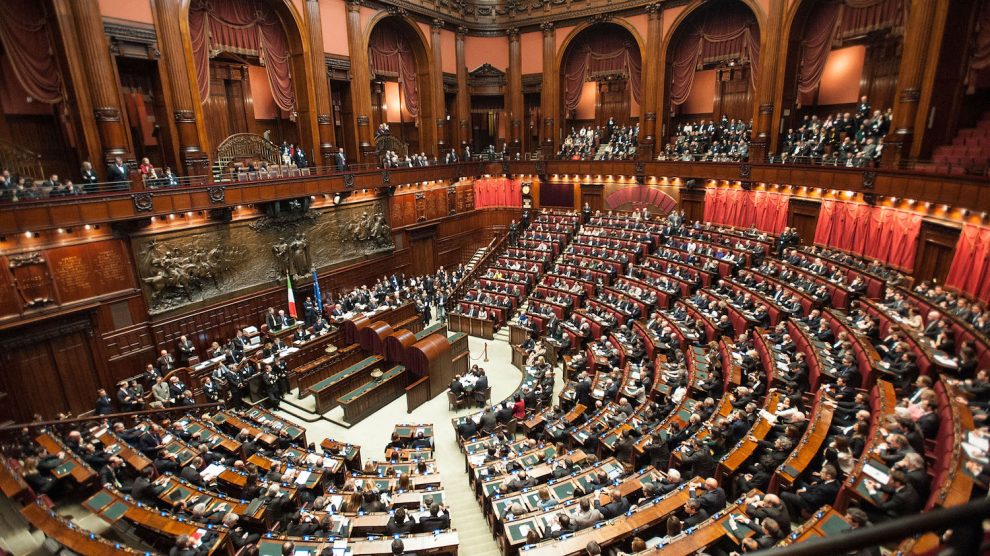Italy looks to go nuclear once again. On Tuesday, the Lower House of Parliament passed two motions geared at countering the country’s historical anti-nuclear stance. The text commits the government to “consider including nuclear power as an alternative and clean source of energy production in the national energy mix” so as to “accelerate Italy’s decarbonisation process.”
- The entire governing majority supported the motions, along with the liberal-democratic Azione-Italia Viva group from the opposition desks. MPs from the Democratic Party, the Five Star Movement, and the Greens/Left either abstained or rejected them.
The government is on board. In an official statement, the Minister and Deputy Minister for Environment and Energy Security, Gilberto Pichetto Fratin and Vannia Gava, thanked all MPs for discussing the issue and providing the government with a clear direction. “We will now discuss [nuclear power] with our European partners and consider, with the utmost attention, how to include it in the national energy mix in the coming decades, with the aim of achieving the decarbonisation goals set by the EU [with the help of nuclear].”
Turning the tide. Although it stops short of actually planning a nuclear renaissance, this step may well represent a shift in Italy’s position. The country went from discovering the fundamentals of nuclear reactions in the Thirties to becoming a leading nuclear power-producing country in the Sixties. Still, it then elected to phase out all power plants following a referendum in 1987 (one year after the Chernobyl disaster).
- In the late Noughties, the fourth Berlusconi government attempted to usher in a new nuclear program for power generation purposes. That drive was also shut down via a referendum in 2011, shortly after the Fukushima incident.
- However, as Thursday’s voting showed, pro-nuclear forces are the majority in the current Parliament – and all the parties that supported the motions feature a nuclear strategy in their electoral programme.
- Meanwhile, the Italian nuclear energy industry is alive and well (although it mostly operates abroad).
Kickstarting a nuclear renaissance. The motions’ texts require the executive to “actively participate” in scientific and political initiatives, in Europe and beyond, to encourage the development and deployment of next-gen nuclear technologies. This means Rome might start siding with pro-nuclear EU capitals who fight to keep nuclear power in the bloc’s taxonomy (which classifies green investments).
- MPs also called for continued commitment to scientific research, training qualified human capital in the field and supporting fusion research.
- They also want the executive to “encourage an objective information campaign, based on scientific rigour, in order to avoid preconceived opposition” and foresee forms of compensation to win over the territories where future plants might be built.
Words from Parliament. We reached out to Luigi Marattin, an Italia Viva MP, for a comment. He said it’s “imperative” to make the decision on whether to embrace nuclear power right now “so that by the middle of the next decade Italy will be back to having nuclear capability, for civilian use of course.”
- NIMBY (“not in my backyard”) opposition, he added, can be overcome by “giving back to politics the role it should have: that of explaining, describing the facts, and devising realistic strategies to solve a community’s problems. In Italy, in recent times, politics has only amounted to militant slogan contests.”





